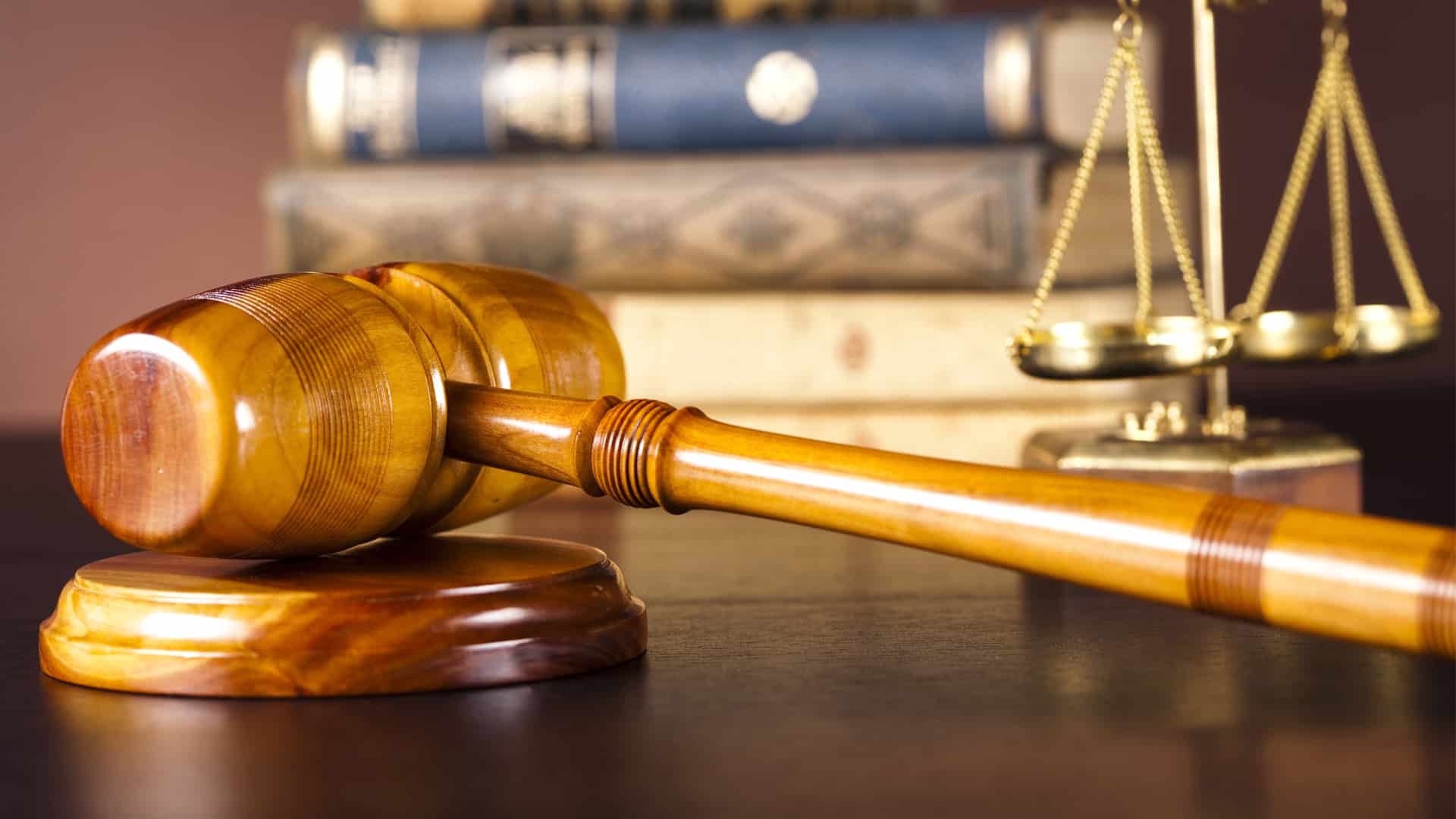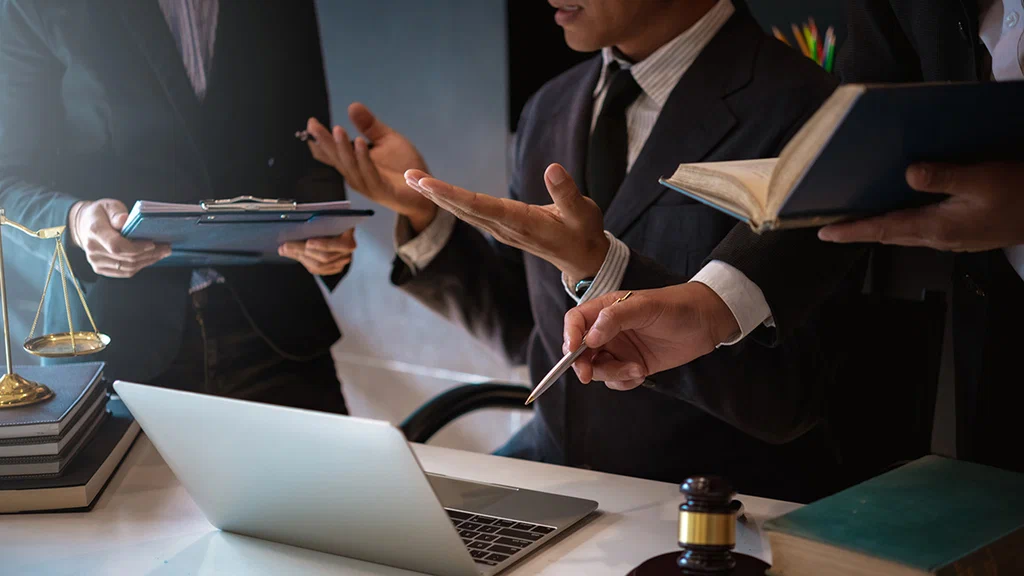In the complex realm of legal disputes surrounding creative assets, effective navigation is paramount for individuals and organizations alike. The intricacies of such conflicts demand a thorough understanding of the landscape, where knowledge and preparedness serve as critical tools for success. Stakeholders need to equip themselves with the essential frameworks that govern these scenarios to safeguard their interests and assert their rights.
Engaging in legal battles over innovative creations can be daunting, yet a well-thought-out plan can make all the difference. By harnessing a variety of methods, parties can enhance their arguments and bolster their positions. It is essential to explore the nuances of various techniques and approaches which can prove beneficial when facing legal challenges related to original works.
Ultimately, cultivating a robust understanding of how to tackle conflicts relating to creative assets will empower professionals to make informed decisions. With careful consideration of the available resources and methodologies, one can better maneuver through the complexities of these disputes and emerge successful in the pursuit of justice.
Understanding Intellectual Property Rights
The protection of creative works and innovations is vital in today’s competitive landscape. This segment delves into the significance of safeguarding unique ideas and creations, emphasizing their importance in fostering innovation and economic growth. By comprehending the various types of exclusive rights available, individuals and organizations can navigate the complexities of ownership and protection effectively.
Types of Exclusive Rights
- Copyright: Safeguards original works of authorship, including literature, music, and art.
- Trademarks: Provides protection for symbols, logos, or phrases that distinguish goods or services.
- Patents: Grants exclusive rights to inventors for a limited time, covering new inventions or processes.
- Trade Secrets: Protects confidential business information that gives a competitive edge.
Importance of Protection
Safeguarding unique creations serves multiple purposes:
- Encourages innovation by rewarding creators for their efforts.
- Contributes to the economic prosperity of industries and communities.
- Enhances consumer trust by ensuring product authenticity and quality.
Understanding and respecting these rights is crucial for maintaining a thriving environment that nurtures creativity and innovation.
Types of Intellectual Property Disputes
Disputes concerning creations of the mind often arise in various forms, reflecting the diversity of ideas and innovations. These conflicts can emerge from infringement, misappropriation, or challenges to ownership, each carrying its own complexities and stakes. Understanding the different types of disagreements is crucial for effective resolution and protection of rights.
Common Forms of Disputes
Numerous categories exist that typically characterize disagreements related to innovations and creative efforts. These can often overlap, leading to multifaceted issues that require careful navigation.
| Type of Dispute | Description |
|---|---|
| Patent Infringement | Occurs when a party makes, uses, or sells a patented invention without permission. |
| Trademark Infringement | Involves the unauthorized use of a mark that is identical or confusingly similar to a registered trademark. |
| Copyright Violation | Happens when copyrighted material is reproduced, distributed, or publicly displayed without authorization. |
| Trade Secret Misappropriation | Involves the acquisition, disclosure, or use of confidential business information without consent. |
Emerging Trends in Disputes
As innovation continues to evolve, new kinds of conflicts are also surfacing. Issues surrounding digital content, software, and online branding increasingly challenge traditional frameworks, prompting a need for updated approaches to resolve disputes effectively.
Strategic Planning for Litigation
An effective approach to managing legal disputes involves careful foresight and organization. This process is vital for achieving desired outcomes while minimizing potential risks. Proper preparation allows parties to navigate complexities and streamline their efforts throughout the journey.
Key components to consider when formulating a plan include:
- Assessment of the Situation: Analyze the nature of the dispute, potential challenges, and stakeholder expectations.
- Identification of Objectives: Clearly outline the goals and outcomes sought from the proceedings.
- Resource Allocation: Determine the necessary resources, including time, personnel, and finances, to support the case.
- Timeline Development: Establish a realistic schedule that outlines major milestones and deadlines.
- Developing a Risk Management Plan: Identify possible obstacles and devise strategies to mitigate them proactively.
It is also crucial to maintain clear communication among all involved parties to ensure alignment with the overall vision. Regular updates and feedback loops can enhance collaboration and adaptability as circumstances evolve.
In summary, meticulous planning serves as a foundation for navigating challenges effectively. By integrating thorough analysis, objective setting, and continuous communication, parties can enhance their likelihood of achieving favorable results.
Effective Discovery Techniques in IP Cases
Discovery is a critical phase in legal disputes involving innovation and creativity. It provides parties with an opportunity to gather and share pertinent information that can significantly influence the outcome of the case. Employing appropriate methods can enhance the effectiveness of this process and lead to a more favorable resolution.
To maximize the efficacy of discovery in cases regarding intellectual creations, consider the following techniques:
- Early Identification of Key Issues: Pinpoint essential aspects of the case that require detailed examination. This includes understanding the scope of the claims, identifying potentially relevant evidence, and recognizing crucial witnesses.
- Comprehensive Document Requests: Formulate clear and exhaustive requests for production of documents pertinent to the case. This should encompass both physical and electronic records, ensuring no relevant material is overlooked.
- Interrogatories: Utilize interrogatories effectively to gather information from opposing parties. Craft targeted questions that compel detailed and informative responses.
- Depositions: Conduct witness depositions to uncover critical information and assess the credibility of testimonies. Prepare thoroughly to obtain valuable insights during these sessions.
- E-discovery Tools: Leverage technology to manage electronically stored information (ESI). Utilize specialized software to streamline the process of identifying, collecting, and reviewing digital evidence.
In addition to these techniques, maintaining good communication with opposing counsel can foster a more collaborative environment during the discovery phase. This may lead to more efficient information exchange and reduce the likelihood of disputes over discovery requests.
Ultimately, a well-executed discovery process lays the foundation for a strong case. By implementing these techniques, legal teams can enhance their position and work toward a successful resolution.
Utilizing Expert Witnesses for Success
Engaging specialists in relevant fields can significantly enhance the effectiveness of courtroom arguments. These professionals provide invaluable insights and validate claims, offering the depth of knowledge that can sway the jury’s perception. Their expertise serves not just as support for the facts presented but also as a bridge connecting technical details to the legal framework, making complex information accessible and comprehensible to all parties involved.
The Role of Expert Witnesses
Expert witnesses play a pivotal role by delivering testimony that substantiates the case. Their participation can clarify uncertainties and bolster credibility. By explaining intricate concepts in layman’s terms, they assist judges and juries in grasping the intricacies of the issues at stake. This can be especially crucial in cases involving nuanced technological or scientific aspects.
Choosing the Right Expert
Selecting an appropriate expert requires careful consideration. Factors such as the witness’s credentials, experience, and area of specialization are essential in the evaluation process. An expert’s ability to communicate effectively and maintain composure under cross-examination also holds significant weight. Properly vetting candidates allows for a robust representation of the case and can greatly impact its outcome.
| Criteria | Importance |
|---|---|
| Credentials | Establishes authority and reliability |
| Experience | Demonstrates a history of relevant involvement |
| Communication Skills | Ensures concepts are easily understood by non-experts |
| Specialization | Aligns expertise with case requirements |
| Professional Reputation | Affects credibility in the eyes of the court |
Common Pitfalls to Avoid in Litigation
Entering a courtroom can be a daunting endeavor, and navigating the complexities that accompany it often leads to missteps. Recognizing and steering clear of typical errors can significantly enhance the chances of a favorable outcome. Understanding these common pitfalls is crucial for any party involved in a dispute, as it allows for better preparation and decision-making throughout the process.
Failure to Prepare Thoroughly
A widespread mistake is inadequate preparation. Many individuals assume that once they have filed their case, the hard work is done. However, thorough examination of evidence, witness testimonies, and legal documentation is essential. Neglecting to prepare can lead to surprises during proceedings that may severely weaken a case.
Disregarding Deadlines
Another frequent error is overlooking critical deadlines for filings or responses. The judicial system operates on strict timelines, and failing to adhere to these can result in losing the opportunity to present vital arguments or evidence. It is paramount to maintain a detailed calendar and to continually monitor all legal deadlines to ensure that nothing is missed.
Q&A: Guide to intellectual property litigation
What are the key strategies for effectively managing an intellectual property litigation case?
Effectively managing an intellectual property litigation case requires several key strategies. First, it’s essential to conduct a thorough preliminary assessment to evaluate the strengths and weaknesses of your case. This includes analyzing the scope of the intellectual property being litigated, gathering relevant evidence, and understanding the potential damages involved. Second, employing a robust discovery plan can help in obtaining critical information from the opposing party, which can be pivotal for building your case. Third, consider alternative dispute resolution methods, such as mediation or arbitration, to potentially resolve issues without the need for a lengthy trial. Finally, maintaining clear and consistent communication with your legal team and stakeholders ensures that everyone is aligned and prepared for the litigation process.
How can I determine whether I should pursue litigation for my intellectual property rights?
Determining whether to pursue litigation for your intellectual property rights involves assessing several factors. Start by analyzing the potential infringement: is your intellectual property being used without permission, and if so, how significant is the infringement? Consider the economic implications; litigation can be costly and time-consuming, so weigh the potential financial benefits against the expenses involved. Additionally, explore the likelihood of success based on the uniqueness of your intellectual property and previous similar cases in your industry. Lastly, consider your long-term business strategy: will pursuing litigation enhance or damage your reputation and market position? Consulting with an experienced intellectual property attorney can provide valuable insights tailored to your specific situation.
What best practices should I follow to prepare for an intellectual property trial?
To prepare for an intellectual property trial, it’s crucial to follow several best practices. Begin by assembling a dedicated legal team with expertise in intellectual property law to help navigate the complexities of the trial. Next, develop a comprehensive case strategy that outlines your arguments, anticipated counterarguments, and key evidence. This includes creating a robust document management system to ensure that all pertinent documents are organized and accessible. Additionally, prepare witnesses through mock examinations to bolster their readiness and confidence when testifying. Engaging in pre-trial discovery and depositions can also help clarify issues and facilitate smoother proceedings. Lastly, continuously review and adjust your strategy as the trial date approaches to account for any new developments.
What are common pitfalls to avoid in intellectual property litigation?
There are several common pitfalls to avoid in intellectual property litigation. One major mistake is underestimating the complexity of the litigation process—intellectual property cases often involve intricate laws and precedents, so failing to fully understand these can jeopardize your position. Another pitfall is inadequate documentation; it’s essential to keep thorough records of all intellectual property usages and any communications about them. Additionally, being overly aggressive in negotiations can alienate potential settlement opportunities; a collaborative approach can often lead to a more favorable outcome. Lastly, ignoring the importance of public perception can be detrimental; negative publicity can affect your brand’s reputation, so consider the broader implications of your litigation actions.
How does the enforcement of intellectual property rights vary by jurisdiction?
Enforcement of intellectual property rights can vary significantly by jurisdiction due to different legal frameworks, cultural attitudes, and resources dedicated to enforcement. For example, some countries may have robust systems for protecting patents and copyrights, reflecting a strong commitment to innovation and creativity. In contrast, other jurisdictions may lack effective enforcement mechanisms, making it more challenging to address infringement. The differences can also be seen in how long it takes to resolve disputes, the costs involved, and the likelihood of obtaining favorable outcomes in court. It’s crucial for businesses operating internationally to conduct thorough research on the intellectual property laws specific to each jurisdiction and consider seeking local legal expertise to navigate these complexities effectively.
What are the key strategies for successfully litigating an intellectual property case?
The key strategies for successfully litigating an intellectual property (IP) case include conducting thorough pre-litigation research, which helps in understanding the strengths and weaknesses of your case as well as the opposing side’s. It’s important to gather all pertinent evidence, including patents, trademarks, and copyrights, and ensure that all documentation is in order. Another significant strategy is to engage in settlement discussions early on; many IP cases are resolved before trial, and exploring alternative dispute resolution methods can save time and resources. Crafting a compelling narrative that clearly articulates how the IP has been infringed or misappropriated is crucial for convincing judges or juries. Ongoing communication with legal experts specializing in IP law is also essential, as they can provide guidance on the nuances of IP litigation and help keep your strategy on track. Finally, staying adaptable throughout the process and being ready to pivot based on new information or developments can enhance your chances of a favorable outcome.
What are IP rights, and why are they important for businesses?
IP rights refer to the legal protections granted to the creators and owners of intellectual property, including patents, trademarks, copyrights, and trade secrets. These rights are important for businesses because they help protect their intellectual property assets, enabling them to maintain a competitive advantage and avoid infringement by others. Without proper IP protection, businesses risk losing their innovations, brand identity, and revenue.
How can a law firm assist in patent litigation?
A law firm can assist in patent litigation by providing specialized legal counsel and representation to clients involved in disputes over patent rights. Patent attorneys within the firm can help clients navigate the complexities of patent law, including filing a lawsuit, managing the litigation process, and representing them before the Patent Trial and Appeal Board. Their expertise ensures that clients effectively defend their IP from infringers and pursue legal action when necessary.
What steps can a company take to protect its intellectual property?
To protect their intellectual property, companies should develop comprehensive IP strategies, which may include registering patents and trademarks with the Patent and Trademark Office, conducting regular IP audits, and maintaining an IP portfolio. Companies should also implement robust internal policies to safeguard confidential information and engage experienced IP attorneys for counseling and litigation support to enforce their rights against potential infringements.
What is the role of an IP attorney in protecting intellectual property?
An IP attorney plays a crucial role in protecting intellectual property by providing legal advice and representation in various matters related to IP rights. This includes assisting clients with patent prosecution, trademark registration, and copyright enforcement. IP attorneys also represent clients in litigation cases, helping them file lawsuits against infringers and navigate complex legal proceedings to defend their intellectual property rights.
What are the common types of IP litigation, and how do they arise?
Common types of IP litigation include patent litigation, trademark litigation, and copyright litigation. These disputes may arise when an IP holder believes their rights have been infringed upon, such as when a competitor uses patented technology without permission, a trademark is counterfeited, or copyright-protected material is reproduced without authorization. Legal action can be taken to enforce IP rights and seek remedies for any damages incurred.





